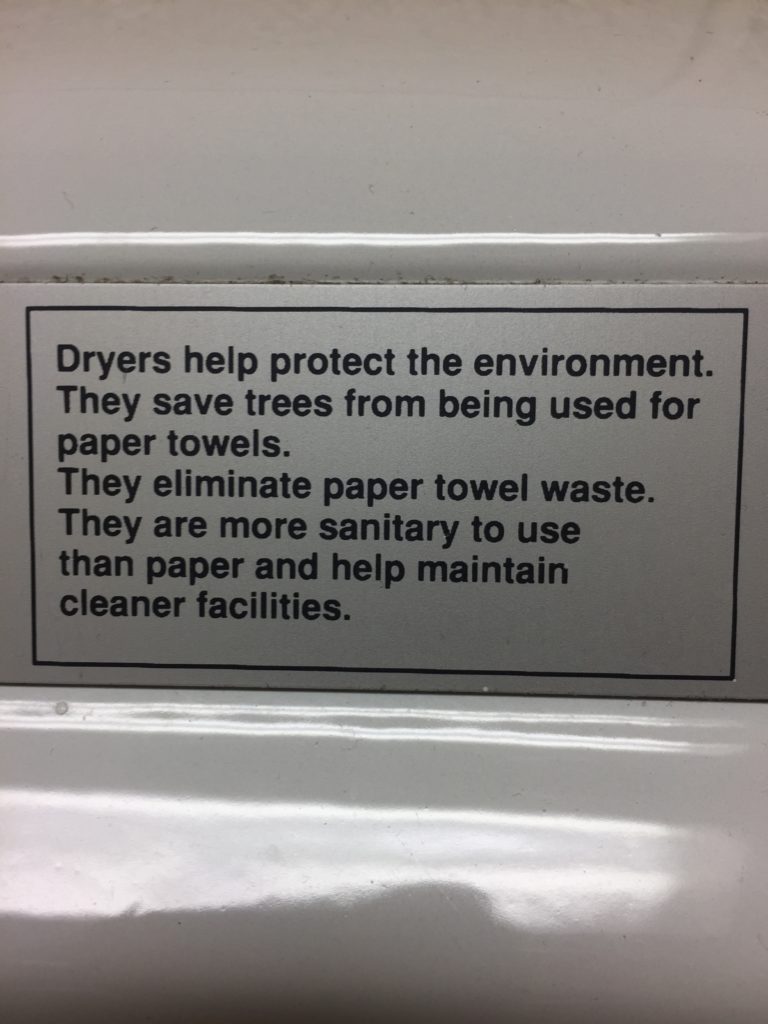226. A practical use for syllogisms
Logic is the study of arguments. But in logic an argument is not a disagreement. Rather, it is a set of statements that are given in support of another statement. The supporting statements are called premises and the statement that is supported is the conclusion. For example, here is an argument with two premises:
Premise 1: Every event in the universe has a cause.
Premise 2: All human actions are events in the universe.
Conclusion: So all human actions are caused.
However, in many cases we have trouble identifying arguments from non-arguments like announcements, rants, complaints, commands, compliments, apologies, informative expositions, plain assertions with no backing reasons, and explanations. And even if we can identify an argument it can be difficult to distinguish premises from conclusion.
Here are two helpful strategies for identifying arguments:
(1) Look for indicator words:
Because, since, and for are indicator words that signify a premise.
Thus, therefore, so, and consequently are indicator words that signify a conclusion
(2) What is the point someone is trying to make? To find out, we can try and add the word ‘therefore’ to what we think the conclusion is to see if it makes sense. Taking the above argument as an example:
(THEREFORE) Human actions are definitely caused. I mean, human actions are events in the universe, right? And, as far as I know, every event in the universe has a cause.
But there is a third strategy:
(3) We can try to find a missing premise by using syllogisms which are deductive arguments that have two premises each of which (1) shares a term with the conclusion and (2) shares a common or middle term not present in the conclusion. The science of syllogisms, which goes back to Aristotle, is quite complex and very fascinating (for an overview of medieval theories of the syllogism, go here). But for now let’s see how they can put to use in a very practical way. Here is a standard categorical syllogism:
All humans are mortal (general statement or major premise)
Socrates is a human (particular statement or minor premise)
So Socrates is mortal.
Here we see ‘human’ is the middle term since, while it connects Socrates and morality, it disappears from the conclusion. It is like a match maker which, having done its work, can withdraw.
But what if we see this:
Socrates is a human.
So Socrates is mortal.
Here we only have the minor premise and the conclusion. But we can infer the general premise, that all humans are mortal, in order to flush out the rest of the argument. Here we are only given the major premise and conclusion:
All natural food is good for you.
So, the food on the table is good for you.
But once we have the syllogism in mind we can infer the missing minor premise, namely, ‘the food on the table is natural.’ I recently saw this on a bathroom hand dryer:
So we have the following claims:
(1) Dryers help protect the environment.
(2) They save trees from being used for paper towels.
(3) They eliminate paper towel waste.
(4) They are more sanitary to use than paper and help maintain cleaner facilities.
What is going on here? Is there an argument? Or is this just a list of assertions? If we adopt the syllogistic strategy we discover that there is indeed an argument (very nice of the dryer company to provide one!). The first statement, ‘dryers help protect the environment’, is a minor premise. The next three propositions are all reasons to adopt the initial minor premise. The major premise is left out and the conclusion is left out as well. This is presumably because we can easily imply both the major premise and what the argument is concluding. But with the syllogism form in mind we can fill them in and make the whole argument explicit so we can adequately evaluate it:
Anything that protects the environment should be used (major premise, general statement implied)
Dryers help protect the environment (because they save trees from being used for paper towels, they eliminate paper towel waste, they are more sanitary and maintain cleaner facilities)
So dryers should be used (implied)
Take note that we can also formulate a missing premise if we understand the major, minor, and middle terms of a syllogism. The major term will be the predicate in the conclusion (e.g., ‘should be used’), the minor term will be its subject (‘dryers’), and the middle term will be the term that appears in the two premises but not in the conclusion (‘protects the environment’). Based on what we are given we can piece together what we are missing once we identify these terms.
Anyway, those are a few strategies to help you discern arguments from non-arguments in everyday life. Being able to do so is very important if we expect to succeed in the very first step of critical thinking, namely, identifying arguments from non-arguments.
